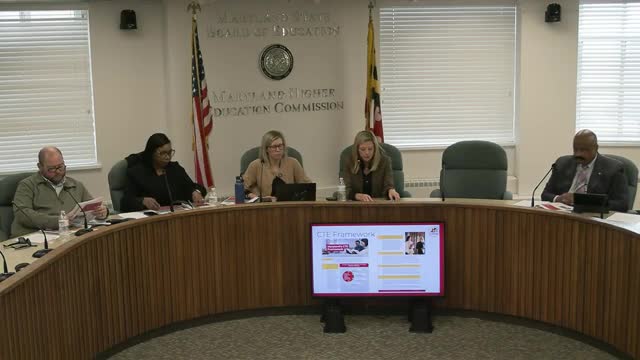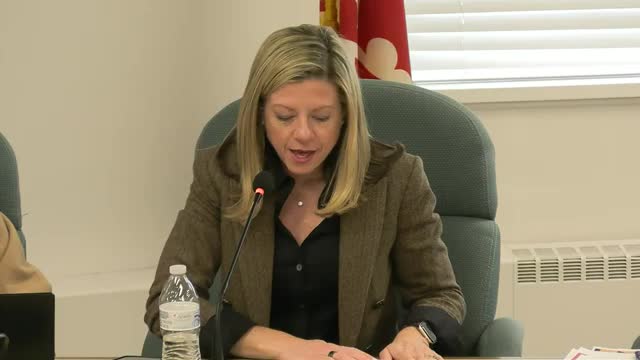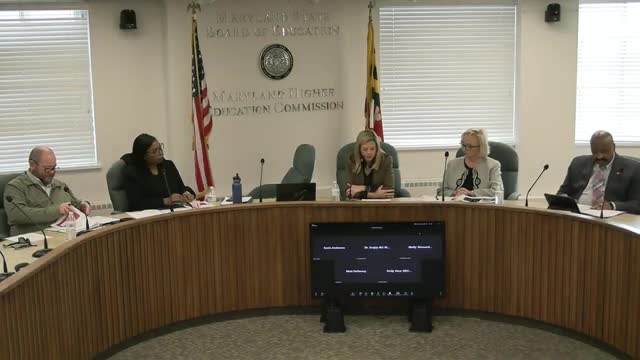Article not found
This article is no longer available. But don't worry—we've gathered other articles that discuss the same topic.

Committee discusses career‑coaching definitions, tentative metrics and evaluation plan; no formal vote

CTE committee approves annual report and CTE framework, notes data limits on 45% goal

